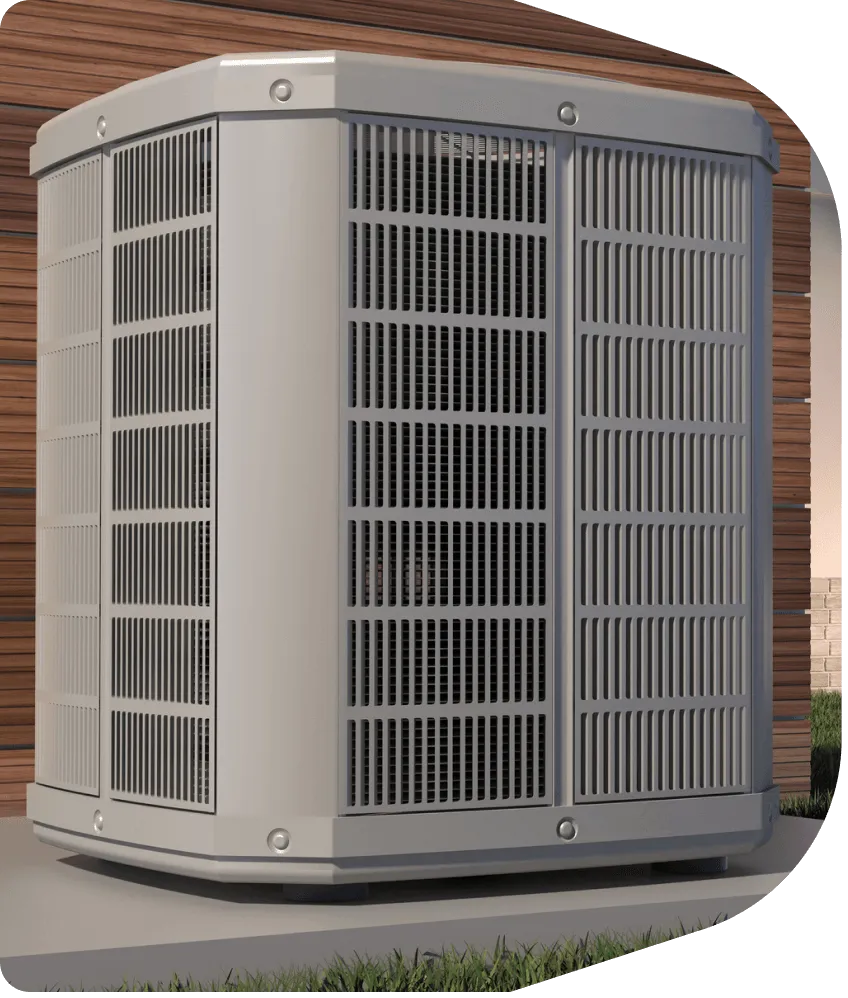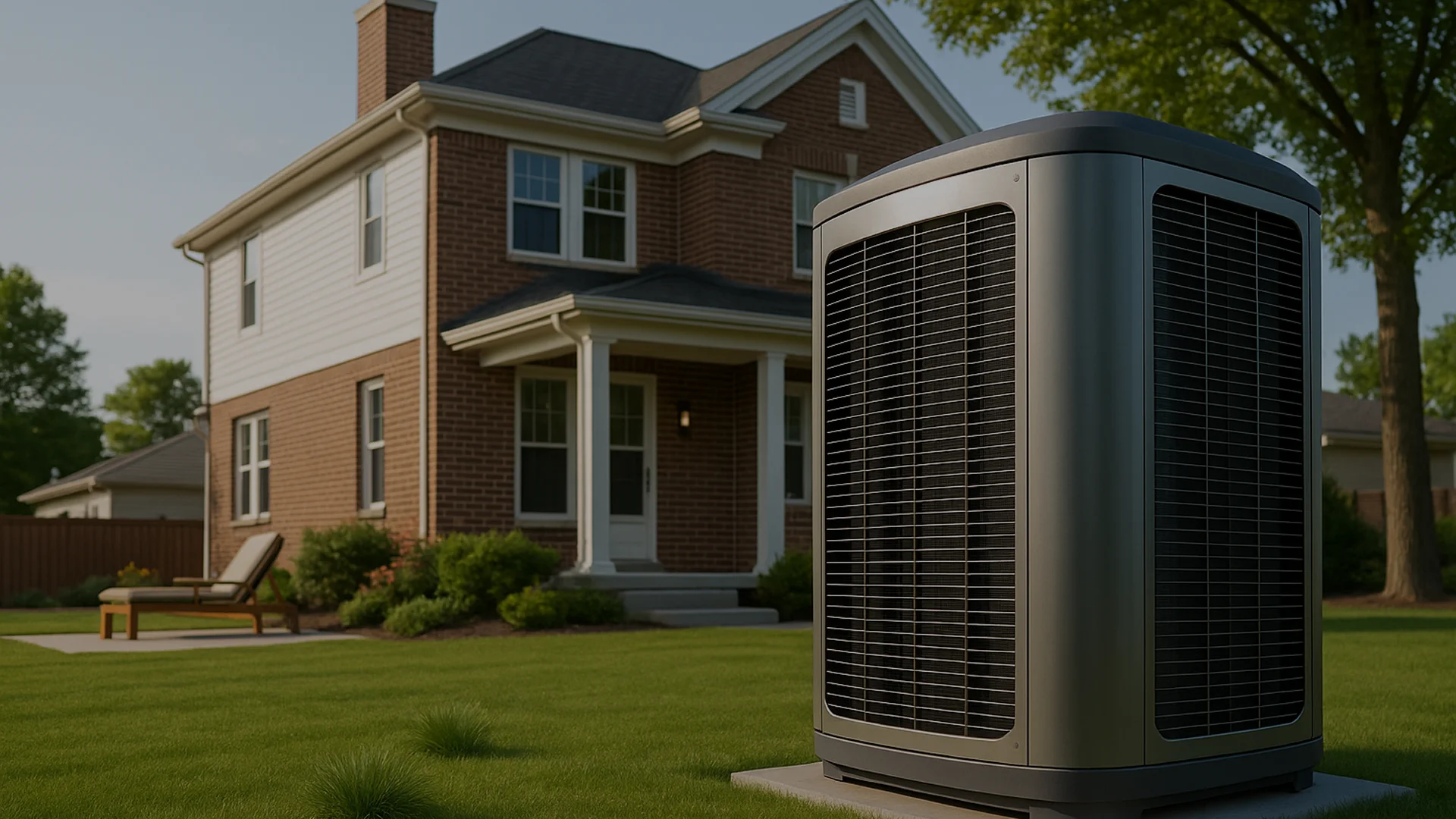
Heat Pump Services Chicago






Request a Quote Today

How Does a Heat Pump Work?
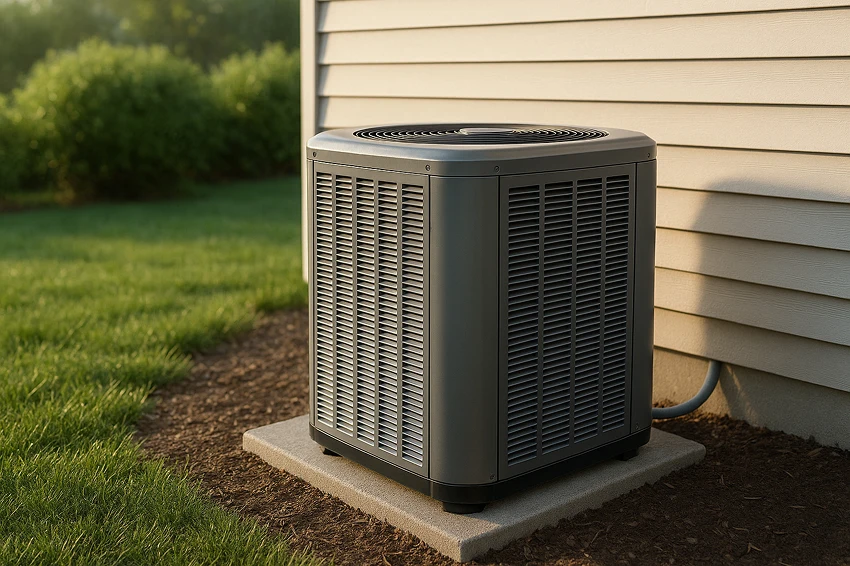
Benefits of Installing a Heat Pump
Costs
Installation
Unlocking the Power of Heat Pumps
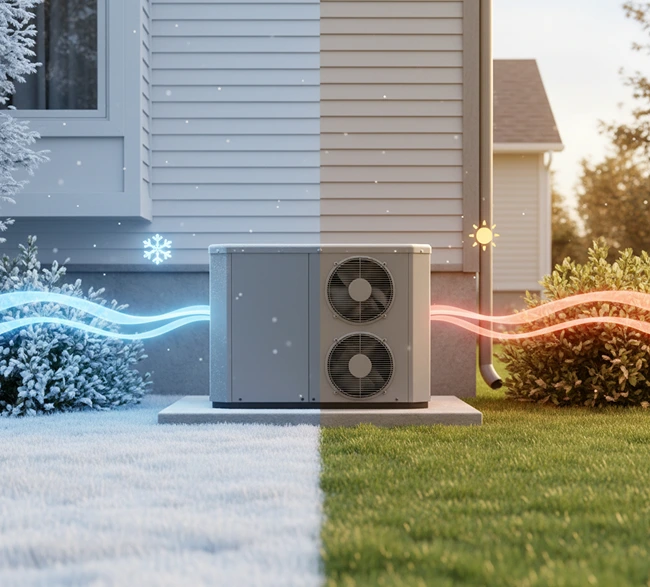
Heat Pumps Can Heat & Cool Your Home
By reversing the refrigerant flow, a heat pump extracts heat from the outside air during winter and releases it indoors, while in summer, the process is reversed to cool your home.
This dual-functionality eliminates the need for two separate systems, saving you both space and money.
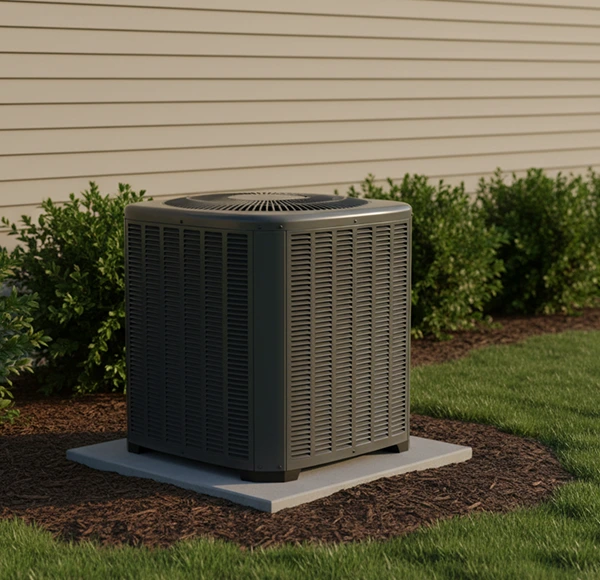
Heat Pumps Require Less Space
The outdoor unit, which operates similarly to an air conditioner, requires minimal clearance of just 24 inches around it.
Additionally, the indoor air handler can often be mounted on the wall, freeing up valuable floor space and making it ideal for homes with limited space.

Furnaces Cost More to Operate Than Heat Pumps
In contrast, heat pumps work by moving heat instead of generating it, using less energy to operate.
For most homes, a heat pump’s heating and cooling costs are significantly lower—especially during the winter, where heating costs can be up to 50% less than that of a traditional furnace.




















.svg)
.svg)
.svg)
.svg)
.svg)
.svg)
.svg)
.svg)
.svg)
.svg)
.svg)
.svg)
.svg)
.svg)

.svg)
.svg)
.svg)
.svg)
-1.svg)
.svg)
.svg)







